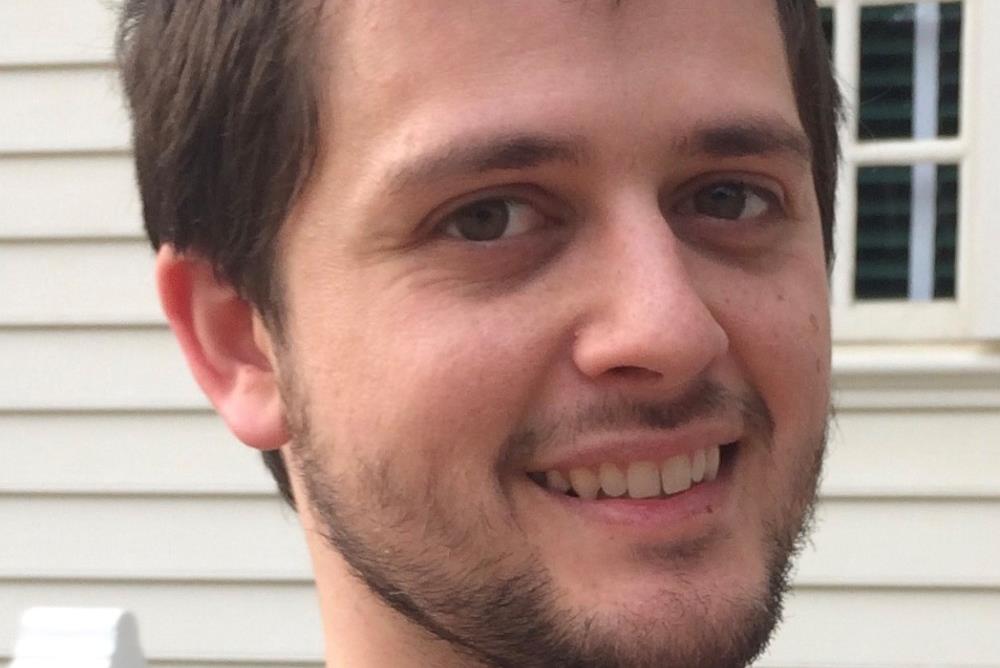A&S Graduate Studies
[PAST EVENT] Christopher Robert Flint: Physics Dissertation Defense

Abstract: Lattice Boltzmann (LB) Methods are a somewhat novel approach to Computational Fluid Dynamics (CFD) simulations. These methods simulate Navier-Stokes and magnetohydrodynamics (MHD) equations on the mesoscopic (quasi-kinetic) scale by solving for a statistical distribution of particles rather than attempting to solve the nonlinear macroscopic equations directly. These LB methods allow for a highly parallelizable code since one replaces the difficult nonlinear convective derivatives of MHD by simple linear advection on a lattice. New developments in LB have significantly extended the numerical stability limits of its applicability. These developments include multiple relaxation times (MRT) in the collision operators, maximizing entropy to ensure positive definiteness in the distribution functions, as well as large eddy simulations of MHD turbulence. Improving the limits of this highly parallelizable simulation method allows it to become an ideal candidate for simulating various fluid and plasma problems; improving both the speed of the simulation and the spatial grid resolution of the LB algorithms on today's high performance supercomputers. Some of these LB extensions are discussed and tested against various problems in magnetized plasmas.
Bio: Christopher Flint, originally from Orlando, Florida, began his early years in education shifting from school to school with no aspirations of obtaining a higher education. After witnessing the role of higher education in the lives of family members, Christopher changed his mind and decided to go to college. He graduated from Charlottesville High School in 2005 and entered James Madison University in the fall of the same year. Christopher originally majored in computer science, but later chose to add physics as a double major after falling in love with the challenges presented by the subject. Christopher completed his bachelor?s degree in May 2010 and entered the physics Ph.D. program at William & Mary in August 2011. In May 2013, he began research on new lattice Boltzmann techniques with Professor George Vahala. That summer he also married the love of his life, Morgan, and three years later fathered their beautiful daughter Aliyah. After graduating from his current program, Christopher hopes to begin working in a field which marries his two passions of physics and computers.
